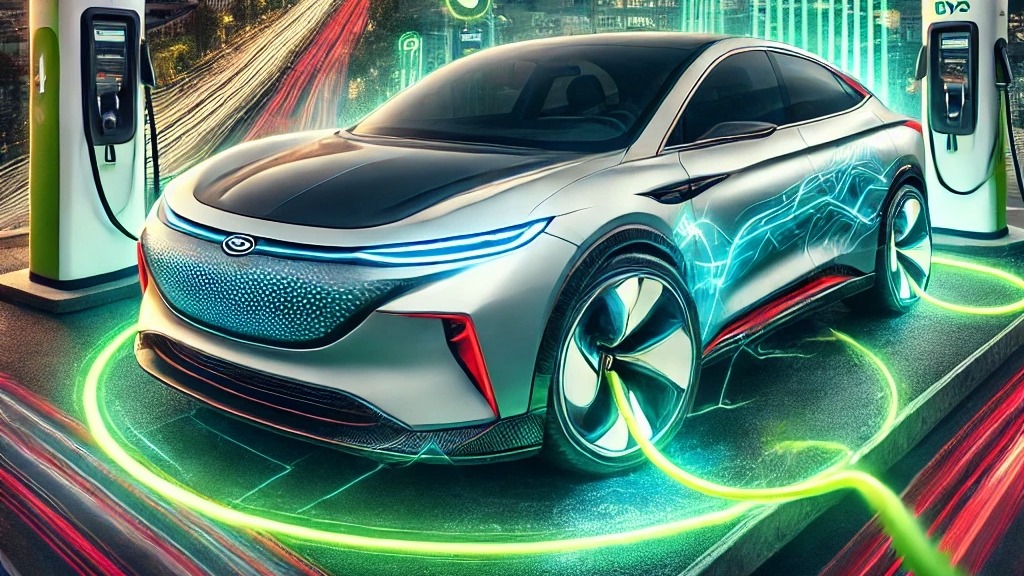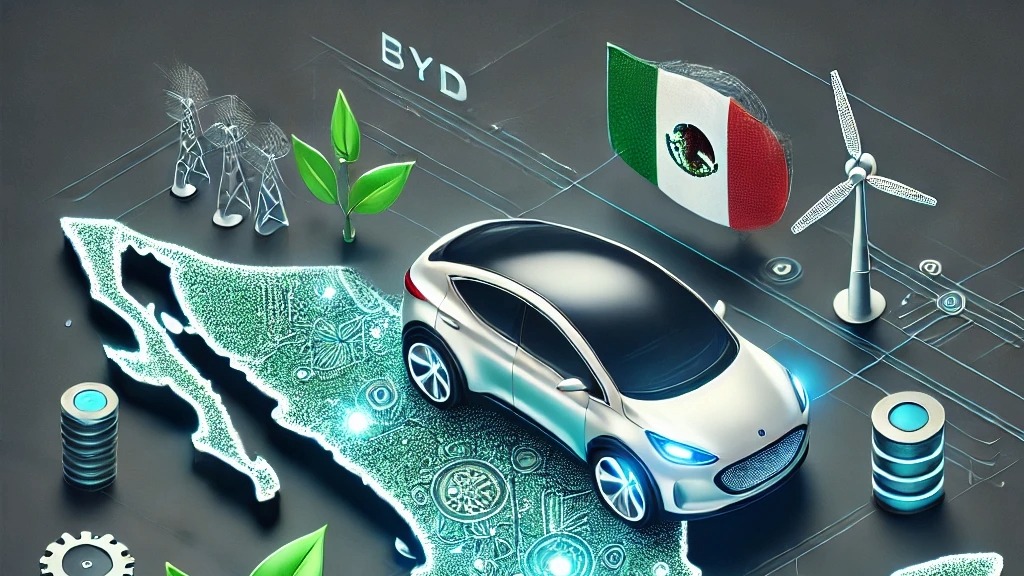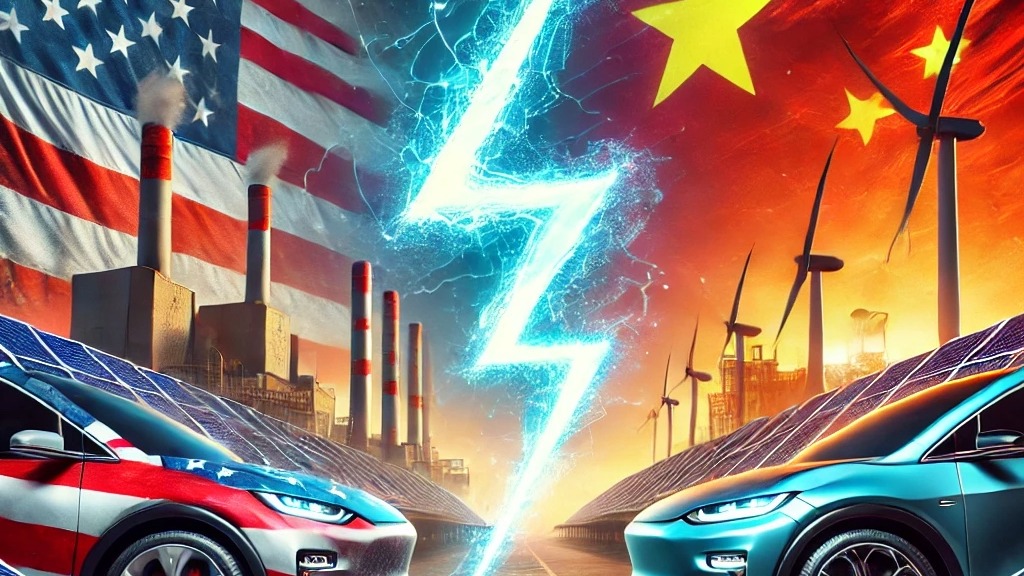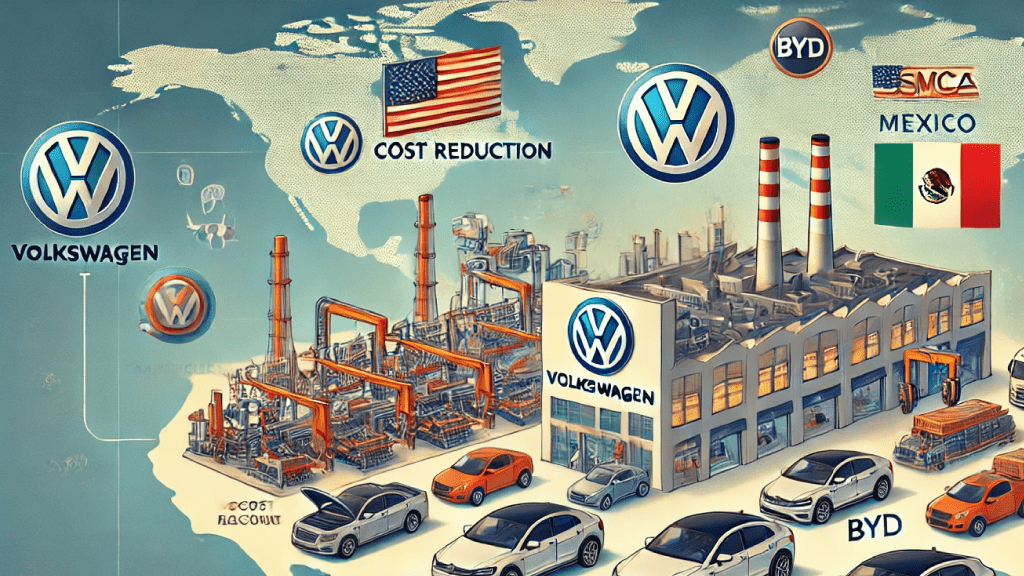BYD accelerates towards an electric Mexico: seeks to remove barriers to the electric vehicle revolution

Chinese automaker BYD is negotiating with the Mexican government to extend tariff relief for the importation of electric vehicles (EVs), with the aim of consolidating its presence in the country and supporting its expansion plan.
Jorge Vallejo, director of the company in Mexico, informed that the objective is to extend the decree that exempts between 15% and 20% from tariffs on electric vehicles imported from countries with which Mexico does not have trade agreements, a measure that expires at the end of the month, just when President Andrés Manuel López Obrador leaves office.
BYD's proposal includes the possibility of extending the benefit through its investment in a local production plant, which plans to manufacture up to 500,000 vehicles annually, destined for the Mexican market and other countries in the region.
BYD's interest in establishing a plant in Mexico reflects a number of strengths and opportunities that the Mexican automotive market offers. Mexico, as the largest automotive market in Latin America and strategically positioned for exports to the United States and other regions, represents a key location for the company's global expansion.
Mexico's experience in the automotive industry, with a skilled workforce and developed supply chain, gives it a competitive advantage to become a hub for electric vehicle production in the region. BYD's investment would also align with the Mexican government's growing efforts to attract sustainable investment and encourage the adoption of clean technologies, in line with global environmental policies.
However, the infrastructure for electric vehicles in the country is still developing, with an insufficient network of charging stations to support a massive adoption of these vehicles. In addition, competition from other international brands with trade agreements in place with Mexico, such as those from the United States and Europe, puts BYD in a position where it will depend on a favorable tariff framework to be able to offer competitive prices. Dependence on temporary tariff relief is a structural weakness that the company must address to ensure its long-term success.
The change of administration in Mexico, with the arrival of Claudia Sheinbaum as president as of October 1, introduces an element of uncertainty into the negotiations.
The new administration could change the policy of incentives for imports or foreign investments in the automotive industry, which would generate a new scenario for companies such as BYD. The lack of clarity in the next government's policies could be a threat to the continuity of tariff benefits and, consequently, to the company's investment plans. However, BYD has expressed its willingness to wait for the new administration's position and continue the dialogue, demonstrating its interest in going ahead with the investment.
In this context, BYD also identifies significant opportunities to capitalize on the growth of the electric vehicle market in Mexico. The country has shown a growing interest in the transition to electromobility, with policies that favor the reduction of emissions and the adoption of renewable energies.
If the company is able to secure favorable tariff conditions and establish its plant in one of the three finalist locations it has shortlisted, it would be well positioned to take advantage of these trends and become a key player in the Mexican automotive industry. In addition, the construction of the plant would not only increase its production capacity, but could also generate thousands of direct and indirect jobs, consolidating BYD as a strategic partner in Mexico's efforts to reindustrialize its economy.
The challenge for BYD will be to balance these strengths and opportunities with the weaknesses and threats it faces in the short term. The response of the Mexican government, along with the support of the new leadership, will be decisive not only for the future of BYD in Mexico, but also for the growth of the electric vehicle industry in the country, a sector that, although still in its infancy, has enormous growth potential in Latin America.
Collaboration: Editorial Auge.





